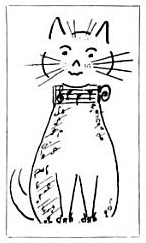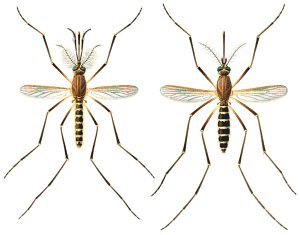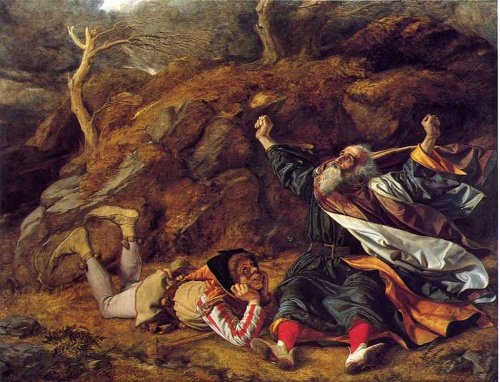D.B. Wyndham Lewis’ 1930 collection The Stuffed Owl celebrates the very worst poetry ever written, such as congressman H.C. Canfield’s elegy on the loss of U.S. submarine S4:
Entrapt inside a submarine,
With death approaching on the scene,
The crew compose their minds to dice,
More for the pleasure than the vice.
But the jewel of the book is the subject index:
Adam, his internal fluids, 18
Bagpipes, their silence regretted, 151
Bards, dead, common objects of the sea-shore, 66
Beef, death-dealing, 239
Cabbage, true-hearted, 22
Englishman, his heart a rich rough gem that leaps and strikes and glows and yearns, 200-1; sun never sets on his might, 201; thinks well of himself, ibid.
Fire, wetness not an attribute of, 28
Goats, Welsh, their agility envied by botanist, 82
Golf, a remedy for unemployment, 16
Harp-string, damped by poet’s tears, 169
Incense of thanksgiving, upwafted from Leeds chimneys, 78
Muse, reformed by a pension, 5; fooled by grovelling sons of verse, 73; the manurial, 91; invited to celebrate Mr. Baker’s return to health, 109; proves unequal to the task, 110
Napoleon I, uncertainty as to his present whereabouts, 10
Newspaper editors, not always truthful, 240
Silk-worm, Spartan tastes of, 150; sinks into hopeless grave, 152
Stud-farms, essential to the Empire’s continued existence, 232
Woman, useful as a protection against lions, 118



